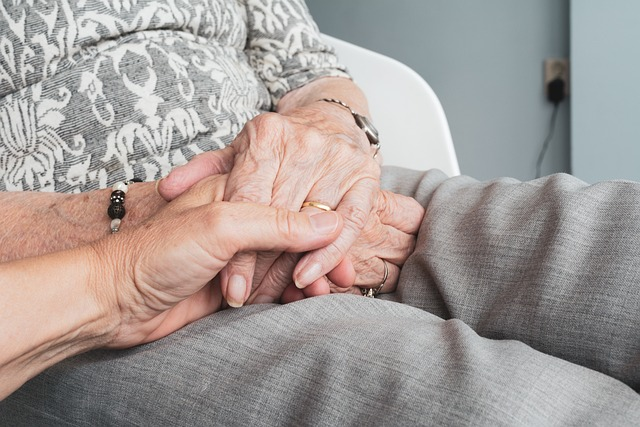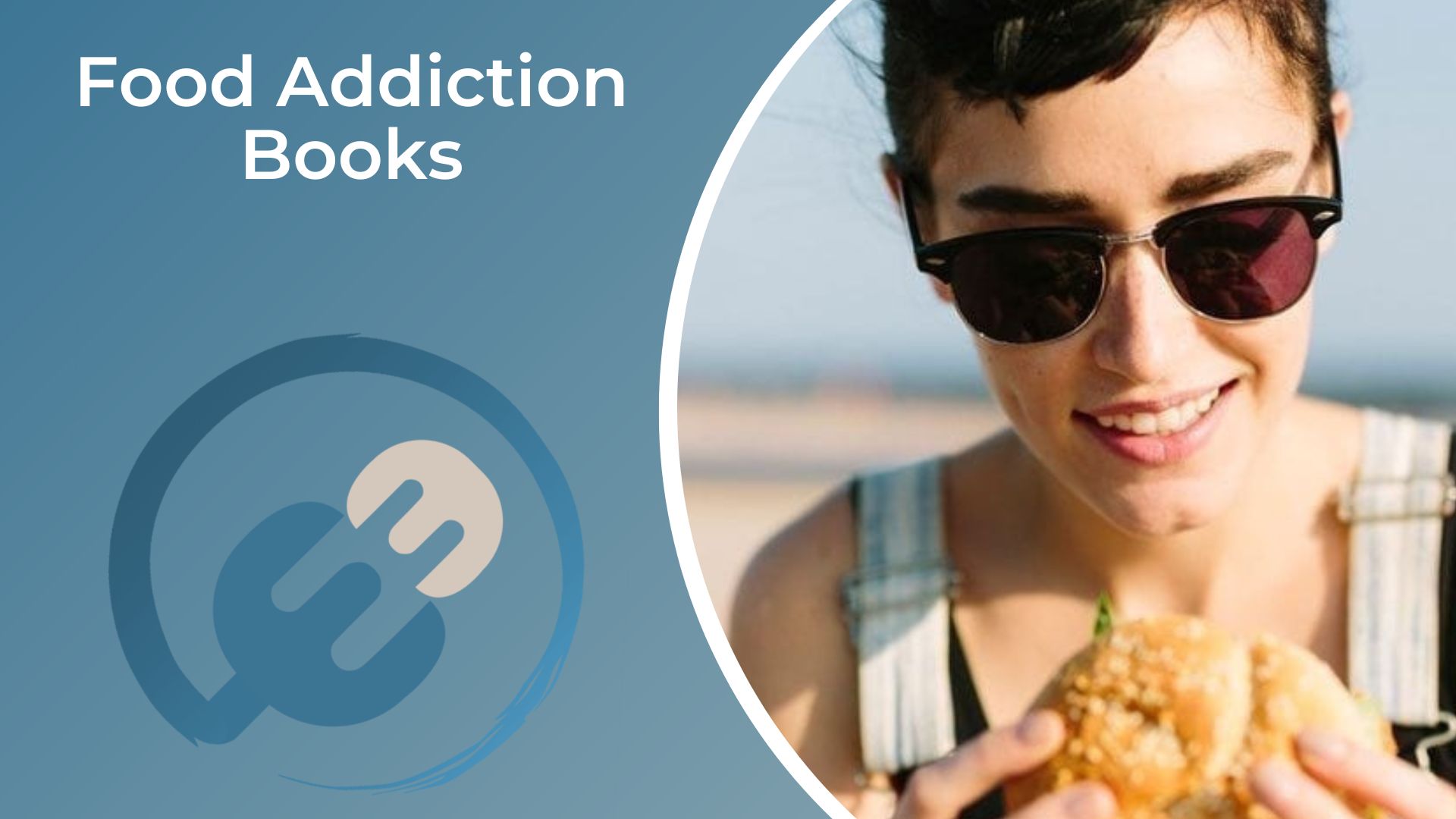Do you feel like your cravings for food are out of control? Do you find yourself eating even when you’re not hungry and feeling guilty afterwards? If so, you may be suffering from food addiction.
Food addiction is a real and serious problem that affects millions of people around the world. It can lead to obesity, diabetes, heart disease, and other chronic health problems. Fortunately, there are many resources available to help people with food addiction.
One of the best ways to get started on your journey to recovery is by reading books about food addiction. There are a variety of books available that focus on understanding and overcoming food addiction.
They can provide you with valuable insight into the underlying causes of your problem and offer helpful strategies for managing cravings and improving your relationship with food.
Transform Your Life with These 8 Eye-Opening Books About Food Addiction

- Intuitive Eating: A Revolutionary Program That Works by Evelyn Tribole and Elyse Resch: This is an award-winning book and the original resource for understanding and overcoming food addiction. This groundbreaking work provides a practical guide to developing a healthy relationship with food and your body.
- The End of Overeating: Taking Control of the Insatiable American Appetite by David Kessler : In this eye-opening book, Dr. David Kessler explains the biology and psychology behind food addiction and offers concrete strategies for reclaiming control over your eating habits.
- Food Junkies: The Truth About Food Addiction by Vera Tarman: This is an informative and personal look at the science behind food addiction from a physician’s perspective. It provides useful insights on how to manage cravings and break unhealthy patterns of behavior.
- Brain Over Binge: Why I Was Bulimic, Why Conventional Therapy Didn’t Work, and How I Recovered for Good by Kathryn Hansen: Kathryn Hansen shares her own story of recovery from bulimia in this powerful memoir that focuses on understanding the neurological basis of eating disorders.
- The Hungry Brain: Outsmarting the Instincts That Make Us Overeat by Stephan J. Guyenet. In this book, Dr. Stephan Guyenet explains how modern food and lifestyle choices have triggered powerful biological instincts that drive us to overeat and gain weight. He provides evidence-based strategies for taking control of your cravings and improving your health.
These books offer invaluable insights into understanding and overcoming food addiction. By reading these books and implementing the strategies they offer, you can take control of your eating habits and unlock a healthier future.
Self-Help Books For Eating Disorder Sufferers

Self-help books for eating disorder sufferers offer a valuable way to gain understanding and manage the challenges that come with these conditions.
Eating disorders can be complex and difficult to understand, so self-help books can provide invaluable guidance in addressing their unique emotional and psychological components.
One of the first steps in managing an eating disorder is gaining insight into underlying causes and triggers. Self-help books can offer information on identifying emotional triggers and developing healthy coping strategies.
They can also provide helpful techniques for dealing with anxiety, guilt, shame, and other common feelings associated with an eating disorder. Additionally, reading these books can help people recognize unhealthy patterns of behavior so they can identify them when they arise and make meaningful changes.
Self-help books for eating disorders are often written by experts in the field who have either experienced the condition themselves or worked extensively with others who did.
This gives readers access to advice from those who understand the struggles associated with an eating disorder. Furthermore, many of these authors provide practical exercises throughout the book that are designed to help readers take actionable steps towards recovery.
It’s important to note that although self-help books can be very informative and helpful resources, they should not replace professional treatment or therapy for individuals struggling with an eating disorder.
Professional treatment is often necessary to ensure long-term recovery and health outcomes. That said, self-help books can supplement treatment by providing additional support outside of therapy sessions.
Ultimately, self-help books for eating disorder sufferers are a valuable resource that can provide additional insight into their condition as well as various tips on how to manage it effectively at home or between therapy appointments.
By reading the books above, individuals are able to gain a better understanding of their own challenges while also learning ways to cope more effectively in order to achieve lasting recovery results.
Conclusion
Eating disorders can be difficult to understand and manage, but self-help books offer invaluable insight into the underlying causes of these conditions.
Not only do they provide valuable guidance in recognizing triggers and managing emotions associated with eating disorders, but they also equip readers with strategies for taking actionable steps towards recovery.
With the right resources, individuals can gain a better understanding of their own challenges while developing effective coping mechanisms that will help them lead healthier lives.
It is our hope that through reading these books, people are able to find comfort knowing there are ways to take control over their eating disorder struggles and ultimately achieve lasting results on their journey towards health and wellbeing.



